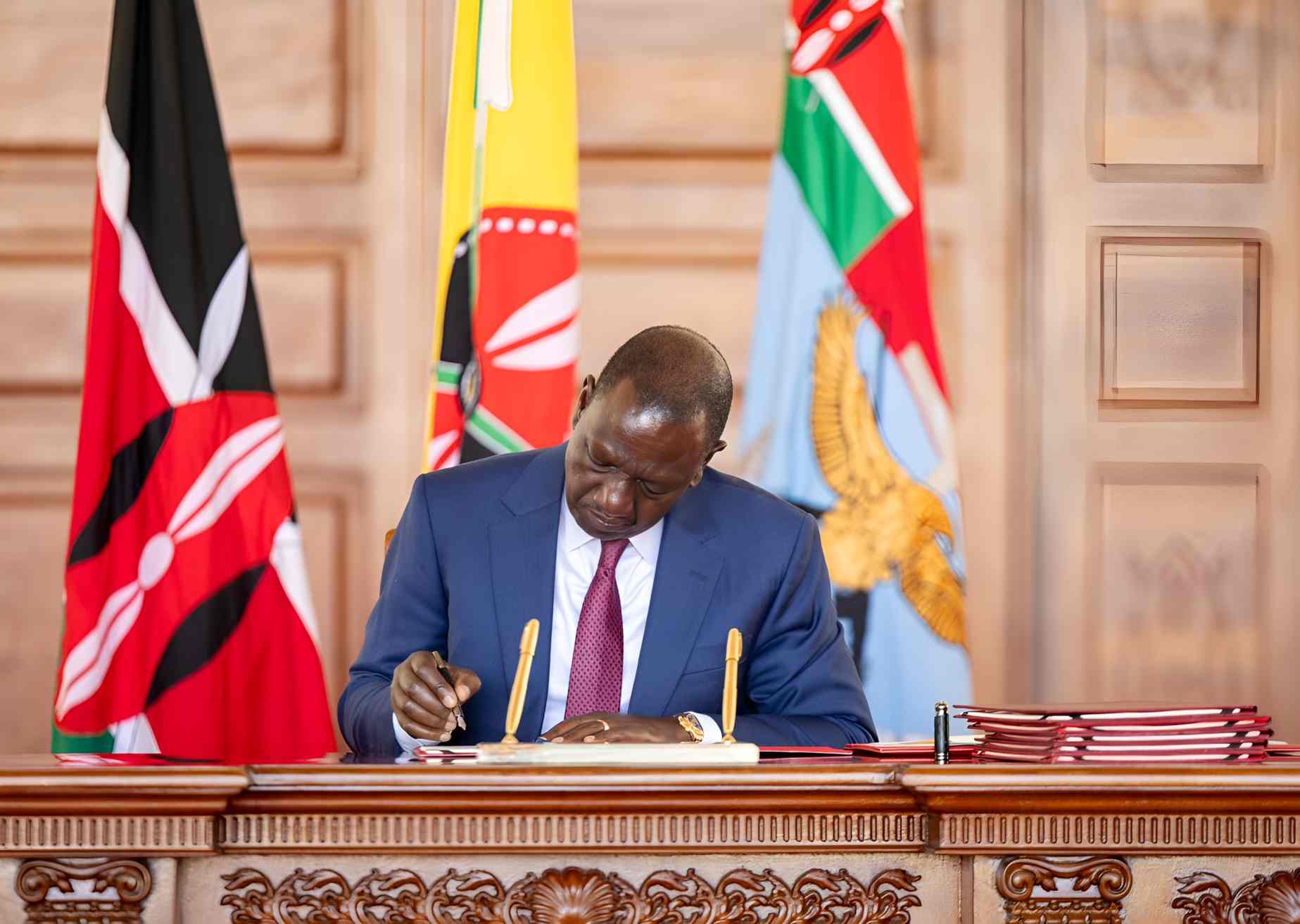President William Ruto’s mission to anchor tougher anti-corruption laws has hit turbulence after the Senate rejected the bulk of his proposed amendments to the Conflict of Interest Bill, casting doubt on the government’s push to clamp down on abuse of office by public officials.
The Justice and Legal Affairs Committee accepted only three out of twelve reservations sent back by the President, leaving out most of the key clauses he wanted revised.
The rejected proposals included provisions that sought to widen the scope of conflict of interest to cover not just actual but perceived and potential conflicts involving family, relatives and associates.
In its report tabled before the House, the committee chaired by Bomet Senator Hillary Sigei stated: “The Senate fully accommodates the reservations by the President to clauses 30, 31 and 35 of the Bill but does not accommodate the reservations to clauses 2, 5, 6, 8, 12, 16, 17, 18 and 20.”
The accepted changes touched on definitions such as “material change” in asset declarations and the role of the Ethics and Anti-Corruption Commission in verifying information submitted by public officers.
However, the Senate rejected Ruto’s push to restore a broader definition of conflict of interest that included cases involving close relations and associates.
The President had argued that narrowing the definition would weaken the preventive role of the law and allow public officials to mask illegal dealings behind family members or proxies.
But the committee held that such a definition was too wide and vague. “We recommend focusing on tangible and demonstrable conflicts to ensure clarity and effectiveness in governance,” the report read.
Ruto also sought to reintroduce the terms “family” and “relative” into the Bill, warning that their removal opened loopholes for abuse.
He defined a relative as someone connected by birth, marriage, adoption or affinity. Even that was rejected by senators, who argued the definition was overly broad.
The decision by the Senate marks a serious blow to Ruto’s anti-graft agenda, leaving a critical piece of proposed legislation weakened and key accountability loopholes still open.
